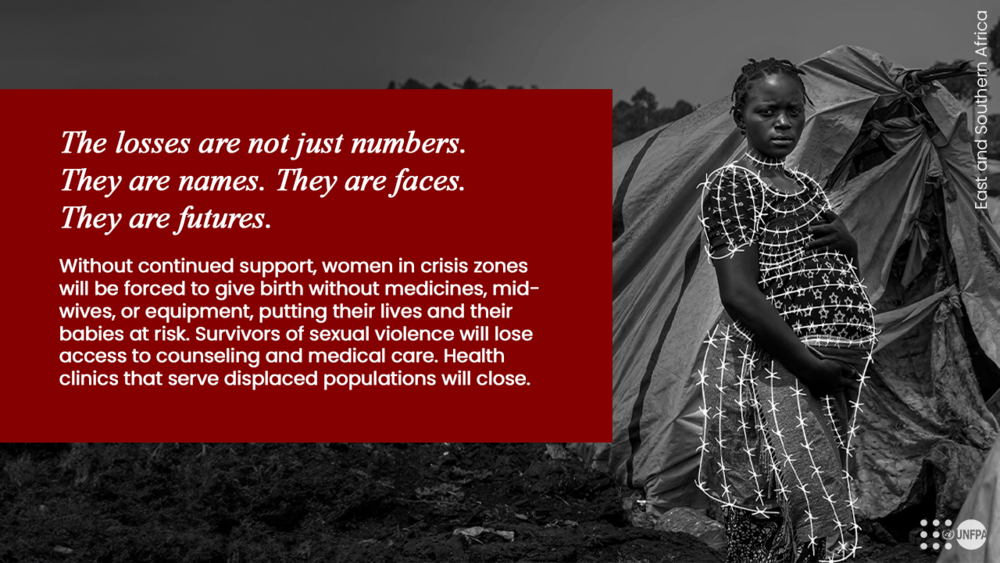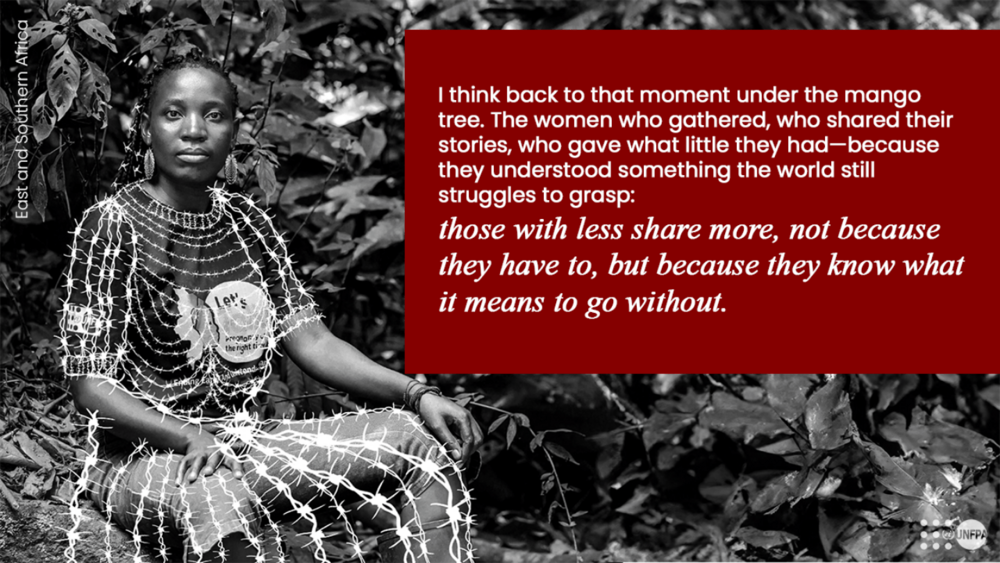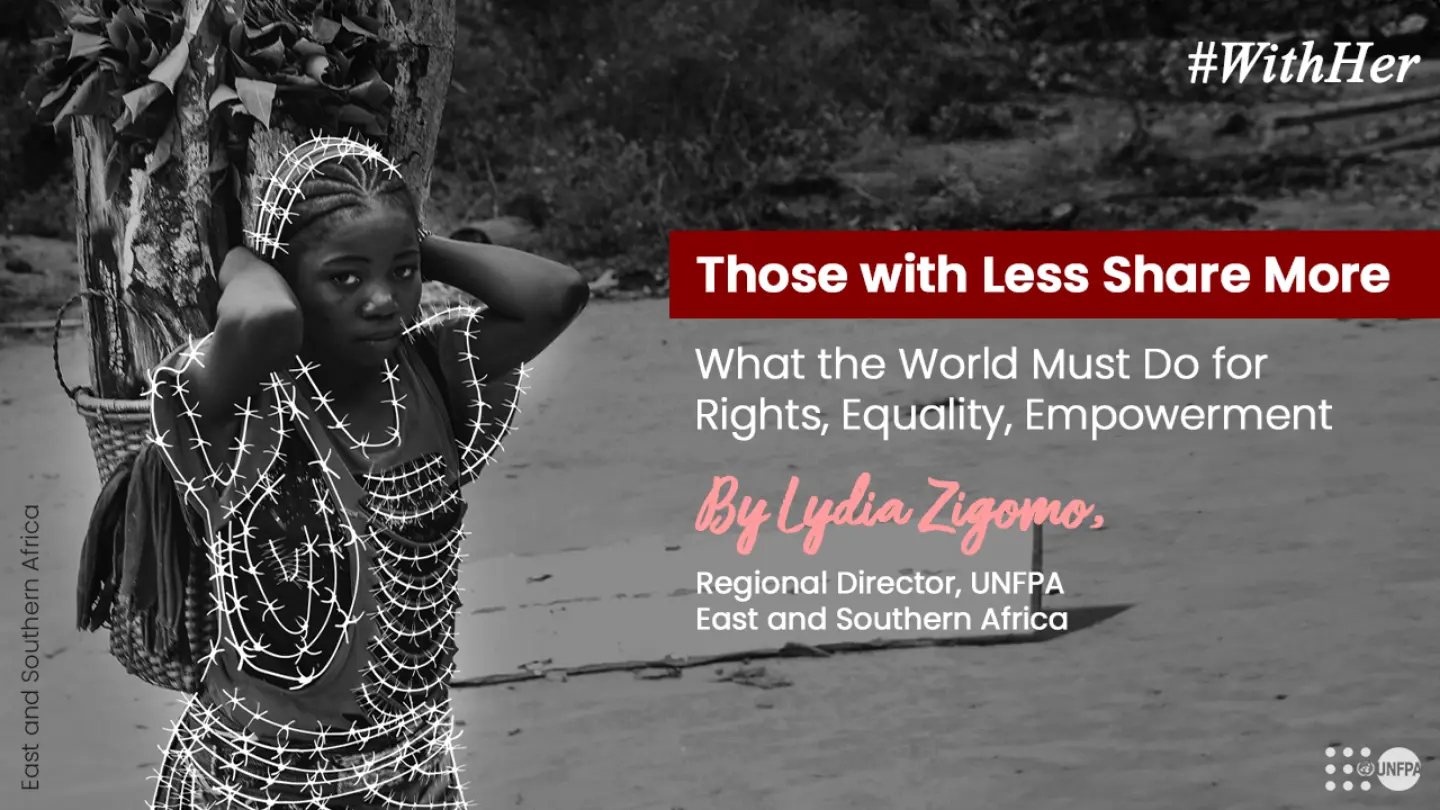- Details
- East Africa
- 587
The road stretched endlessly, dust curling in the air, and the sun hanging heavy, unrelenting, pressing down on the parched earth. I was in northern Uganda, and I stopped in a small village. Beneath the shade of a lone mango tree, women gathered, their faces, young and old, etched and cracked like the ground they were sitting on. They offered what little they had—mangoes, plucked from dry branches, bruised from the fall but still sweet. Those with less shared more. They always do.
We sat together, and they spoke—not of politics, but of life, of the quiet battles waged every day. A mother who had lost a child while giving birth because the nearest clinic was too far. A woman community leader who watched the land dry up, year after year, knowing hunger would follow. A young girl who dreamed of school but knew marriage would come first. A grandmother who had seen too many of her daughters die from complications and some from HIV that should never have been fatal. Their fears were not abstract; they were immediate, urgent. And now, even the little support they had was slipping away.
This year, as we mark International Women’s Day under the theme, “For ALL Women and Girls: Rights. Equality. Empowerment,” we must recognize that these women are not just numbers on a spreadsheet. They are the foundation of their families, their communities, and the future we all share. Investing in them is not optional—it is essential.

The recent decision to terminate UNFPA’s US-funded grants is not just a policy change—it is a lifeline severed. Over the last four years, these investments prevented more than 17,000 maternal deaths, 9 million unintended pregnancies, and nearly 3 million unsafe abortions. In crisis settings, UNFPA reached over 13 million women and young people with sexual and reproductive health services.
Without continued support, women in crisis zones will be forced to give birth without medicines, midwives, or equipment, putting their lives and their babies at risk. Survivors of sexual violence will lose access to counseling and medical care. Health clinics that serve displaced populations will close. The losses are not just numbers. They are names. They are faces. They are futures.
The Right to Live
For the women I met in Uganda, control over their bodies was not guaranteed. In many parts of East and Southern Africa, only 28 per cent of women have full decision-making power over their reproductive health. Too many girls are forced into early marriages, denied education, and left without access to the contraception they need to plan their futures.
In South Sudan and the Democratic Republic of the Congo, up to 70 per cent of women in conflict zones experience sexual violence. In some communities in Eritrea, Ethiopia, Uganda, Kenya, Tanzania, female genital mutilation is still considered a rite of passage, despite the well-documented harm it causes.
Funding cuts jeopardize the futures of millions of women and girls who depend on UNFPA-supported services. This is not about politics—it is about human lives, dignity, and the right to healthcare.
Beyond this moment, this year is a milestone, marking the 30th anniversary of the Beijing Declaration and Platform for Action. This landmark agreement is the most progressive and widely endorsed blueprint for advancing women’s and girls’ rights, transforming the global agenda in terms of legal protections, access to services, youth engagement, and dismantling outdated stereotypes and social norms. Yet, as we commemorate this day, we must confront the fact that millions of women and girls are still waiting for the promises of Beijing to be fully realized. And today their futures may swing back to the edge of uncertainty.
More than ever, we need to accelerate progress by ensuring that every woman and girl can access the healthcare, education, and opportunities she deserves. We need to protect the progress we have made and ensure that no woman or girl is left behind. This is not charity; it is justice.
As UNFPA continues to work tirelessly with governments, Member States, and humanitarian partners, we must ensure that funding and political will align to meet these needs.

The women I sat with in Uganda, and millions of others across the region, deserve more than promises or continued marginalization—they deserve action. I think back to that moment under the mango tree. The women who gathered, who shared their stories, who gave what little they had—because they understood something the world still struggles to grasp: those with less share more, not because they have to, but because they know what it means to go without. This is the future we must fight for—a world where women and girls do not have to rely on the kindness of scarcity, but instead, thrive in abundance, with rights, equality, and empowerment. By Lydia Zigomo, Regional Director, UNFPA East and Southern Africa






